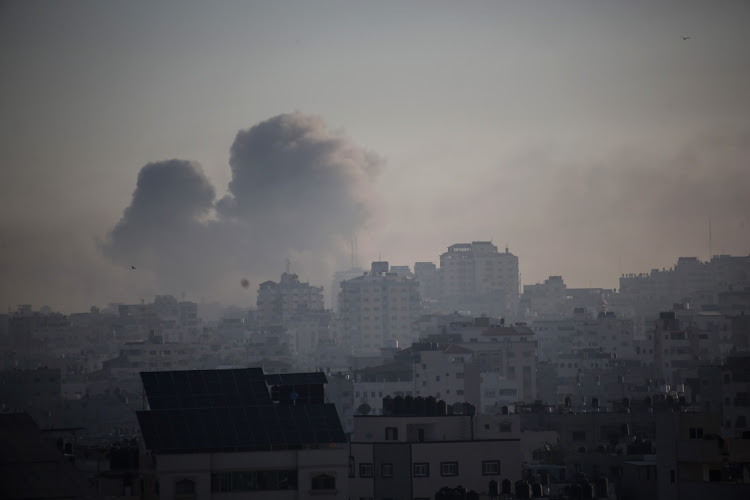Middle East war is ominous for South Africa

The conflict is likely to drive up energy prices, which will fuel inflation. Our partnership with Iran in Brics also raises concerns
Iran, a major oil producer and one of the recent newcomers to Brics, is under suspicion as a possible collaborator in Hamas’s attack on Israel. That puts it in contention for further US sanctions, which could be extended to any country that engages with Tehran.
This increases the geopolitical risks to the global economy — and South Africa’s — with negative implications for inflation, monetary policy and growth.
South Africa, as a member of Brics, is in a tricky position because it will be taking part in meetings of the group at which Iran will be in attendance.
Before the war that erupted a week ago, there was so much complexity already. The US is in a technological war with China; the two countries take turns to impose taxes on each other. We had trade taxes under Donald Trump’s presidency, and we now have restrictions on technology access under Joe Biden.
China and India may be partners in Brics, but they also have an adversarial relationship. Delhi has aligned with the US and Europe in the proposed India-Europe-Middle East economic corridor, which is being established, in part, to counter China’s belt and road initiative. India appears to be promoting both its Global South membership and close ties with the West, giving economic motives priority over ideology.
Nations in the Gulf and Middle East seem to be positioning themselves in the middle. The UAE and Saudi Arabia are now also part of the expanded Brics — and are involved in the proposed economic corridor with Europe and India. This makes the latest outbreak of fighting in Israel and Gaza consequential for the global economy.
“The UAE and Saudi Arabia are now also part of the expanded Brics — and are involved in the proposed economic corridor with Europe and India. This makes the outbreak of fighting in Israel and Gaza consequential for the global economy”
Let’s start with the probable duration of the war. The general sense one gets from listening to both sides is that there is no appetite for a truce or ceasefire. There are other countries that are taking sides in the conflict and fuelling the flames. So it is plausible to assume the war will continue for some time.
The longer it lasts, the more likely it is that major oil producers such as Iran and Saudi Arabia will become involved, directly or indirectly. If and when that happens, the risks to markets and the macro landscape redouble.
Any expansion of the war will drive up oil prices, and energy prices generally.
For Europe, a higher oil price would be a tax on the region’s already lacklustre economic growth. The direct effect would be more expensive fuel, and indirectly there would be upward pressure on interest rates.
The US is experiencing stronger growth than Europe but would not be unscathed. Already, the US Federal Reserve is signalling higher interest rates for longer. This scenario might imply an increase in the Fed funds rate, which would further strengthen the dollar. A US recession becomes more likely.
For the rest of the world, particularly oil importing countries such as South Africa, higher oil prices bring higher fuel prices and inflation. Monetary policy will have no choice but to tighten further and remain higher for much longer than currently priced.
This is the scenario now unfolding; it will come into sharper focus as time goes by and as a clearer picture of the war emerges.
At this point, risk vigilance must be intensified and responses drafted. South Africa and its business community must prepare for the worst.
